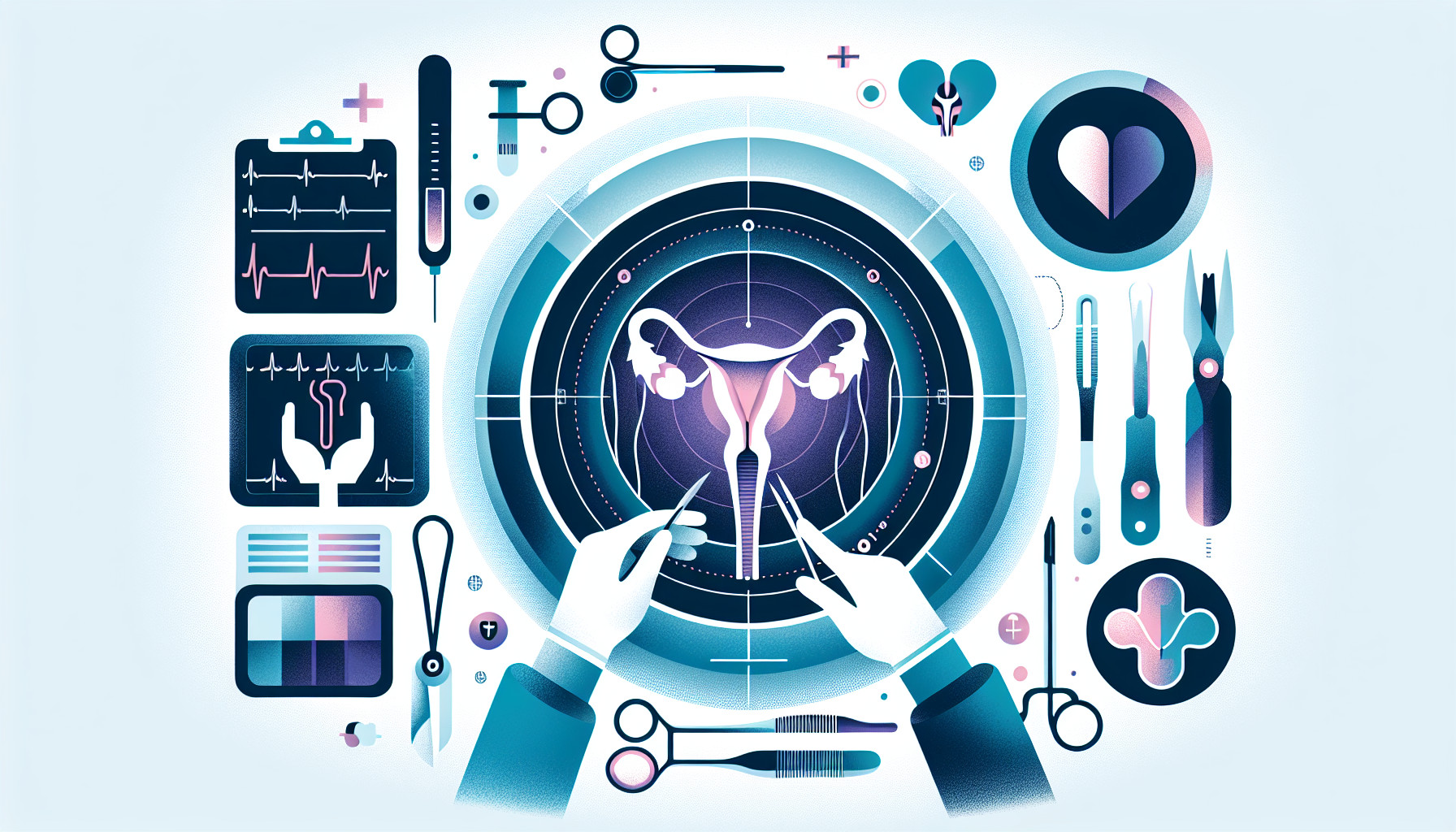Our Summary
This research paper discusses recent advancements in male fertility treatment, which have given men who previously couldn’t have biological children the opportunity to do so. One of these advancements is a procedure called microTESE, which allows doctors to retrieve sperm from men who don’t produce any in their semen (a condition called azoospermia). Another is a technique called intracytoplasmic sperm injection, which helps men with low-quality semen.
However, there are debates about which treatments should be offered and when. One such debate is whether and when to repair varicoceles (enlarged veins in the scrotum) which can cause infertility. There are also concerns about the costs of these treatments. The paper reviews the effectiveness and cost-effectiveness of varicocele repair compared to immediate microTESE for azoospermic men and assisted reproductive technology for men with poor semen quality.
FAQs
- What is the microTESE procedure and how does it help men with azoospermia?
- What is the debate about in terms of offering varicocele repair treatments?
- How effective and cost-effective is varicocele repair compared to immediate microTESE and assisted reproductive technology?
Doctor’s Tip
A helpful tip a doctor might tell a patient about varicocele surgery is to follow post-operative instructions carefully to ensure proper healing and reduce the risk of complications. This may include wearing supportive underwear, avoiding heavy lifting or strenuous exercise for a certain period of time, and taking prescribed pain medications as needed. It is also important to attend follow-up appointments with the surgeon to monitor recovery progress and address any concerns.
Suitable For
Typically, patients who are recommended varicocele surgery are those who have been diagnosed with a varicocele and are experiencing infertility issues. Varicoceles are a common cause of male infertility, as they can lead to decreased sperm quality and production.
It is important to note that not all men with varicoceles will experience infertility, and not all cases of infertility are caused by varicoceles. However, for those individuals who have been diagnosed with a varicocele and are experiencing infertility, varicocele surgery may be recommended as a potential treatment option.
It is also important to consider other factors when determining whether varicocele surgery is the right choice for a patient. These factors may include the severity of the varicocele, the age of the patient, the presence of other underlying medical conditions, and the preferences of the patient and their partner.
Ultimately, the decision to undergo varicocele surgery should be made in consultation with a healthcare provider who can provide guidance based on the individual patient’s specific circumstances and needs.
Timeline
Here is a brief timeline of what a patient may experience before and after varicocele surgery:
Before surgery:
- Consultation with a urologist to discuss symptoms and potential causes of infertility
- Physical examination, including a scrotal ultrasound to confirm the presence of a varicocele
- Blood tests to assess hormone levels and semen analysis to evaluate sperm quality
- Discussion of treatment options, including the risks and benefits of varicocele repair
- Pre-operative preparations, such as fasting and avoiding certain medications
After surgery:
- Recovery period, which may include pain and discomfort in the scrotum
- Follow-up appointments with the urologist to monitor healing and sperm quality
- Resumption of normal activities, with restrictions on heavy lifting and strenuous exercise
- Repeat semen analysis to assess the impact of surgery on sperm parameters
- Discussion of further fertility treatments, if necessary
Overall, varicocele surgery is a relatively straightforward procedure with a high success rate in improving sperm quality and fertility. Patients should expect some discomfort during the recovery period, but most are able to resume normal activities within a few weeks. Follow-up appointments are important to monitor progress and determine the need for additional treatments.
What to Ask Your Doctor
Some questions a patient should ask their doctor about varicocele surgery include:
- What are the potential risks and complications associated with varicocele surgery?
- What is the success rate of varicocele surgery in improving fertility?
- How long is the recovery period after varicocele surgery?
- Are there any alternative treatments or options for managing varicoceles?
- Will varicocele surgery improve my chances of conceiving a child naturally?
- How soon after varicocele surgery can we start trying to conceive?
- What are the potential costs associated with varicocele surgery, and will insurance cover it?
- Are there any lifestyle changes or precautions I should take before or after varicocele surgery?
- How will I know if varicocele surgery was successful in improving my fertility?
- Are there any long-term effects or considerations to keep in mind after undergoing varicocele surgery?
Reference
Authors: Chiles KA, Schlegel PN. Journal: Asian J Androl. 2016 Mar-Apr;18(2):259-61. doi: 10.4103/1008-682X.172644. PMID: 26732113
